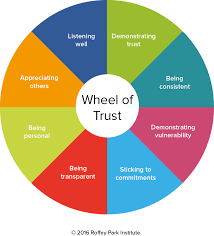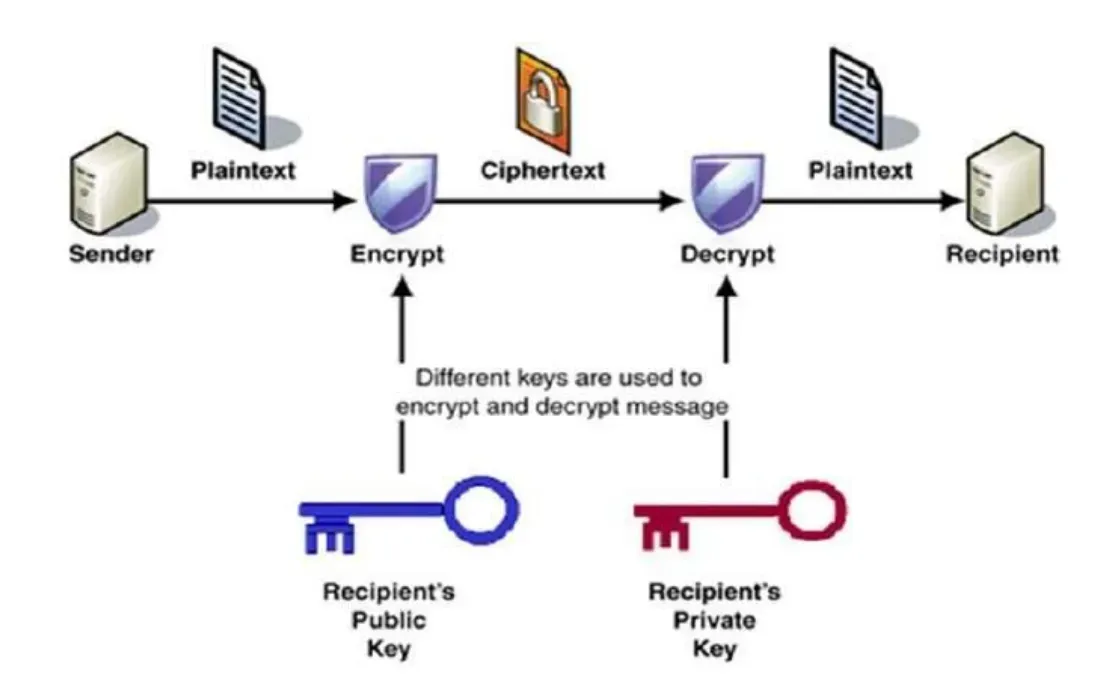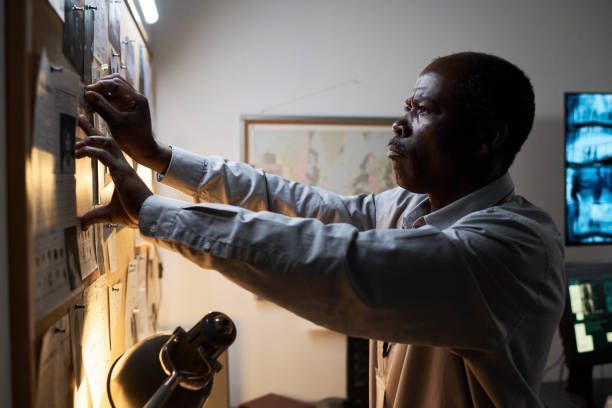Latest Blog Posts
August 15, 2019
August 15, 2019
August 15, 2019
Follow us on Facebook
Certification
CA Private Investigator
License No. 28286
PI Services
Locations Served
Client Intake Forms
Ebola investigation
Ebola symptoms investigation
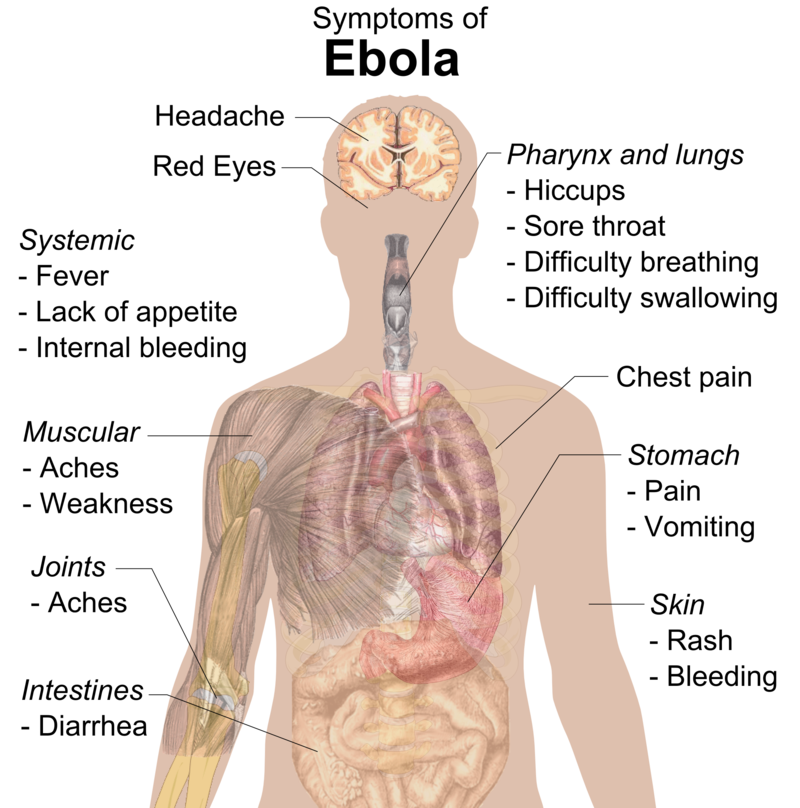
Ebola investigation Symptoms Www.Nowpi.com
Here is an update from the LA Times
Ebola facts are scary enough
The good news about Ebola; it’s not dangerous until it’s active. In other words a person can be infected with Ebola for 21 days prior to any symptoms. The Ebola disease will not spread until the symptoms start, which is a relief since many people around us can be infected… More updates and details about Ebola investigation on our website…
Ebola, Can it be a calling for redemption?
Here is what the CDC reported:
http://www.cdc.gov/vhf/ebola/
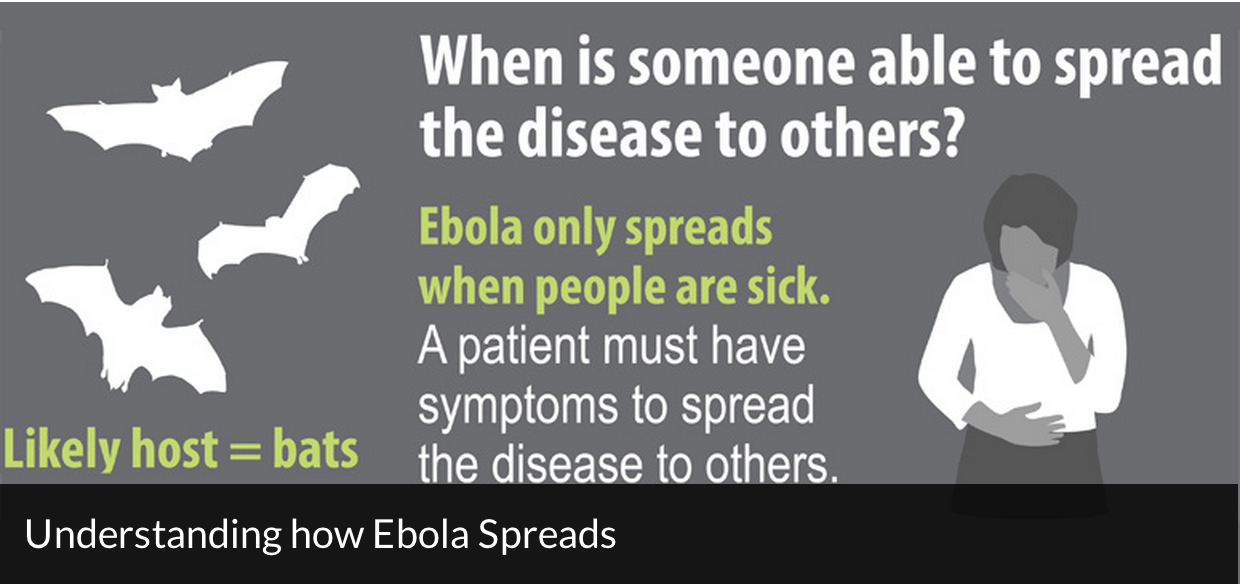
Ebola investigation
Symptoms of Ebola include
- Fever (greater than 38.6°C or 101.5°F)
- Severe headache
- Muscle pain
- Weakness
- Diarrhea
- Vomiting
- Abdominal (stomach) pain
- Unexplained hemorrhage (bleeding or bruising)
Symptoms may appear anywhere from 2 to 21 days after exposure to Ebola, but the average is 8 to 10 days.
Recovery from Ebola depends on good supportive clinical care and the patient’s immune response. People who recover from Ebola infection develop antibodies that last for at least 10 years.
Ebola, previously known as Ebola hemorrhagic fever, is a rare and deadly disease caused by infection with one of the Ebola virus strains. Ebola can cause disease in humans and nonhuman primates (monkeys, gorillas, and chimpanzees).
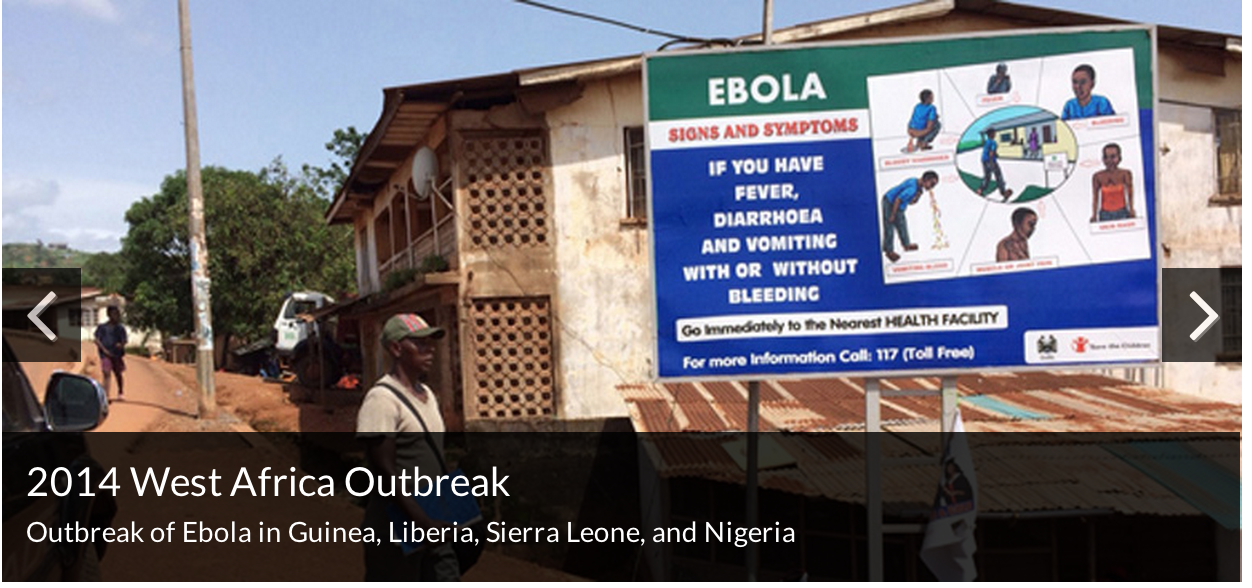
Ebola started in Africa
Ebola is caused by infection with a virus of the family Filoviridae, genus Ebolavirus. There are five identified Ebola virus species, four of which are known to cause disease in humans: Ebola virus (Zaire ebolavirus); Sudan virus (Sudan ebolavirus); Taï Forest virus (Taï Forest ebolavirus, formerly Côte d’Ivoire ebolavirus); and Bundibugyo virus (Bundibugyo ebolavirus). The fifth, Reston virus (Reston ebolavirus), has caused disease in nonhuman primates, but not in humans.
Ebola viruses are found in several African countries. Ebola was first discovered in 1976 near the Ebola River in what is now the Democratic Republic of the Congo. Since then, outbreaks have appeared sporadically in Africa.
The natural reservoir host of Ebola virus remains unknown. However, on the basis of evidence and the nature of similar viruses, researchers believe that the virus is animal-borne and that bats are the most likely reservoir. Four of the five virus strains occur in an animal host native to Africa.
What are body fluids?
Ebola has been detected in blood and many body fluids. Body fluids include saliva, mucus, vomit, feces, sweat, tears, breast milk, urine, and semen.
Can Ebola spread by coughing? By sneezing?
Unlike respiratory illnesses like measles or chickenpox, which can be transmitted by virus particles that remain suspended in the air after an infected person coughs or sneezes, Ebola is transmitted by direct contact with body fluids of a person who has symptoms of Ebola disease. Although coughing and sneezing are not common symptoms of Ebola, if a symptomatic patient with Ebola coughs or sneezes on someone, and saliva or mucus come into contact with that person’s eyes, nose or mouth, these fluids may transmit the disease.
What does “direct contact” mean?
Direct contact means that body fluids (blood, saliva, mucus, vomit, urine, or feces) from an infected person (alive or dead) have touched someone’s eyes, nose, or mouth or an open cut, wound, or abrasion.
How long does Ebola live outside the body?
Ebola is killed with hospital-grade disinfectants (such as household bleach). Ebola on dried on surfaces such as doorknobs and countertops can survive for several hours; however, virus in body fluids (such as blood) can survive up to several days at room temperature.
Are patients who recover from Ebola immune for life? Can they get it again – the same or a different strain?
Recovery from Ebola depends on good supportive clinical care and a patient’s immune response. Available evidence shows that people who recover from Ebola infection develop antibodies that last for at least 10 years, possibly longer.
We don’t know if people who recover are immune for life or if they can become infected with a different species of Ebola.
If someone survives Ebola, can he or she still spread the virus?
Once someone recovers from Ebola, they can no longer spread the virus. However, Ebola virus has been found in semen for up to 3 months. People who recover from Ebola are advised to abstain from sex or use condoms for 3 months.
Can Ebola be spread through mosquitos?
There is no evidence that mosquitos or other insects can transmit Ebola virus. Only mammals (for example, humans, bats, monkeys and apes) have shown the ability to spread and become infected with Ebola virus.
The post Ebola investigation appeared first on Blue Systems International.





